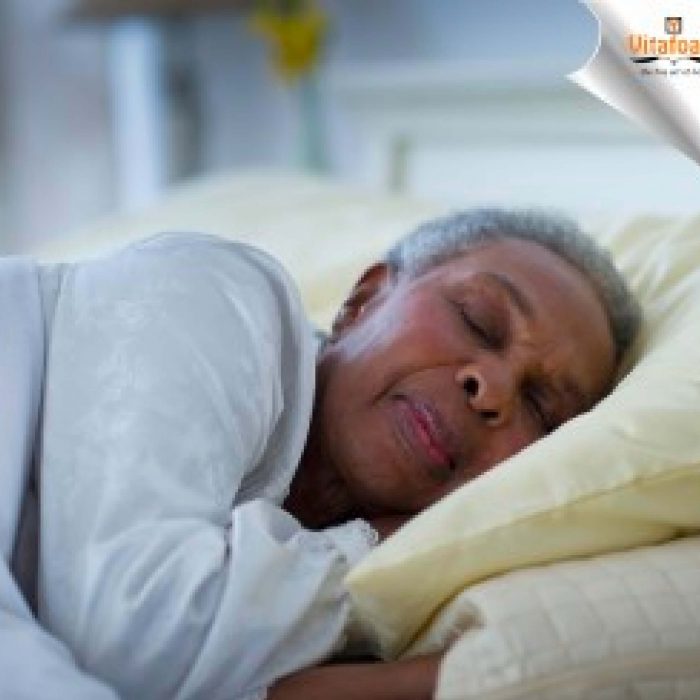
Alongside the physical changes that happen as we get older, changes to our sleep patterns are a piece of the normal aging process. We tend to have a hard time falling asleep and more trouble staying asleep than when we were younger.
Older adults tend to become sleepy in the evenings and wake up earlier in the morning compared to youthful grown-ups. This pattern is called “advanced sleep phase syndrome”. The sleep flow is moved forward so that the seven or eight hours of sleep is still acquired, yet these set of individuals will still get up very early in the morning because they went to sleep quite early. Although, the purpose behind these adjustments in sleep rhythms as we age isn’t clearly comprehended.
Notwithstanding, total sleep time remains constant and older people spend more time in the lighter stages of sleep than in deep sleep.
Not sleeping well can lead to a number of problems. Older adults who have poor nighttime sleep are more likely to have a depressed mood, attention and memory problems, excessive daytime sleepiness, more nighttime falls, among others. Following a simple sleeping routine (as we have discussed in our previous post – SEE HERE) can guarantee you a better night rest.
It is worthy to note that Sleep plays an important role when it comes to your health. Getting the recommended seven to eight hours of sleep a night will help keep your immune system in fighting shape and also protect you from other health issues.
And because getting healthy sleep is a top priority and is usually impacted by lifestyle and health, it is important to assess and examine what lifestyle factors are affecting the quality and quantity of your sleep such as work schedules and stress.
Finally, if you are having trouble sleeping, please don’t ignore or think it is normal, kindly consult your doctor or a sleep specialist immediately!